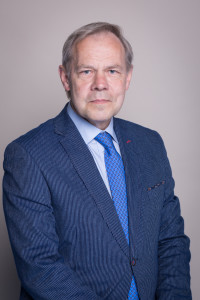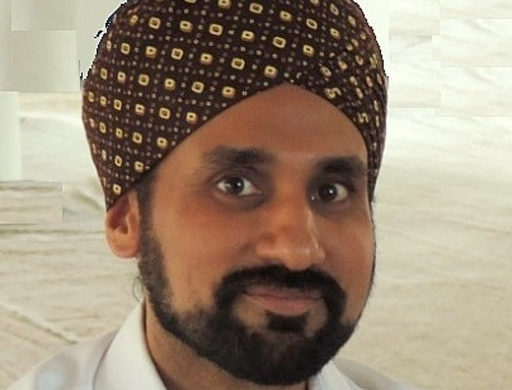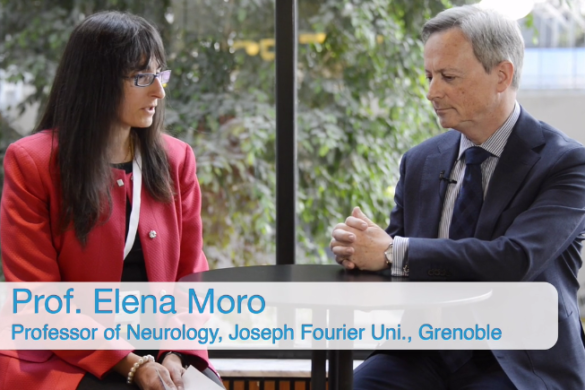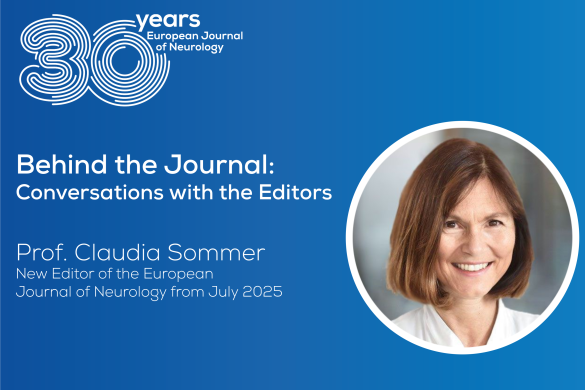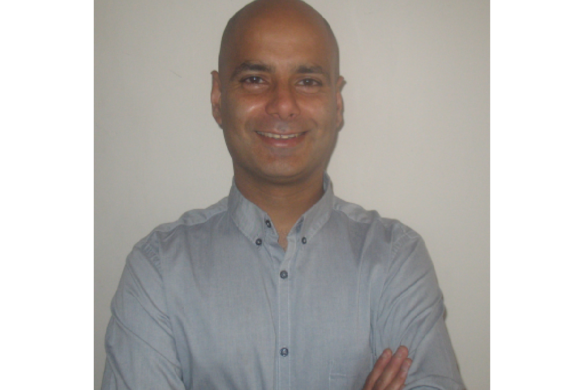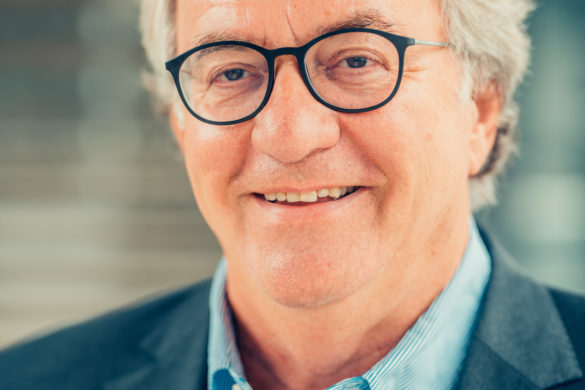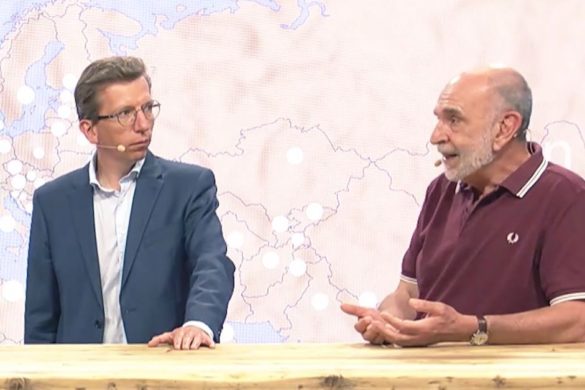Elena Moro (EM): The EAN Quality Assurance Sub-Committee works closely together with the EAN Education Committee. Can you briefly describe the main reasons why the EAN has gathered this sub-committee?
Jan Kuks (JK): In fact, the EAN Quality Assurance sub-Committee is part of the EAN Education Committee (EC). We are working together with the main board of the EC and other EC-subcommittees (such as the Teaching Course sub-Committee), to set up an optimal programme for teaching and education, offered to the European neurological community by the EAN. Offering such a programme is only the first step that immediately should be followed by the next. Our subcommittee wants to act as the cerebrocerebellar system with offering feed-forward (so quality assurance before actuating a programme) and as the spinocerebellar system, giving feed-back after learning events have taken place. The EAN is aware of the use of such a quality assurance and this is the primary reason for gathering this subcommittee. A second reason is, that we need external accreditation and for this purpose, the EAN should be able to provide evaluation data, which will be organised by our subcommittee. At the moment the European Accreditation Council for Continuous Medical Education (EACCME) is our accreditation body. We are striving for getting a ‘provider status’ from this council, to be able to organise our own internal accreditation for continuously running events (e.g. eBrain), under the final supervision of EACCME. This needs some further consultation and agreement.
EM: How would your work help to enhance the UEMS criteria for standards for neurology education in Europe?
JK: The UEMS is really in charge with standards for neurology education in Europe and postgraduate training in Neurology is a main topic in this organisation. The EAN is upholding the work of the section of Neurology of the UEMS (European Board of Neurology, EBN) in an important way by providing input for contents of exams and by supporting the financial balance of this process in order to reduce the admission fees for the candidates. Our sub-committee helps in an indirect way by shaping a neurological core curriculum within the wealth of eBrain to be linked to the EBN-exams and therefore to the neurological postgraduate training in general. Furthermore, our care for high quality of EAN learning events, although not only aiming at postgraduate training, will favor the training of young neurologists as well.
EM: This committee will certainly contribute to the excellence of the quality of the EAN congresses. Which tools will you and the members of the sub-committee use to ensure this ambitious goal?
JK: We will provide the participants of the congresses their tools to give their opinions on the learning events they took part in, then analyse these data and file them to be handed to the organisers of upcoming events to make them able to elect and to steer their presenters. Furthermore, we aim at giving direct feed-back to our educational providers and hope to be able to give them some help with optimising their contributions.
EM: Education in Neurology develops also because of the contribution of the different sub-specialty fields. How can your specific work bring an added value to this?
JK: It is clear that the contributions of sub-specialty fields are crucial for education of neurology. Our sub-committee will endorse their congresses if they fulfil criteria as set by the EAN, to stimulate EACCME and accreditation bodies to acknowledge these meetings.
EM: Can you share with our readers your vision on how Neuropenews can help working towards the sub-committee’s aims and goals?
JK: I feel, Neuropenews can make the readers aware of the high importance of giving thoughtful feed-back and with giving publicity to the work of our subcommittee.
Jan Kuks is Professor of Neurology at the University Medical Center Groningen, The Netherlands and Chair of the EAN Sub-Committee on Quality Assurance

